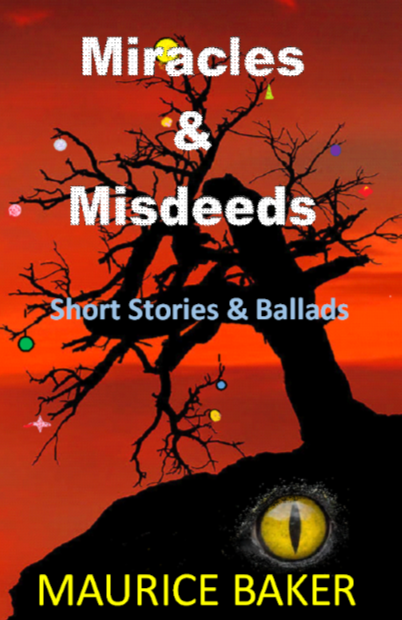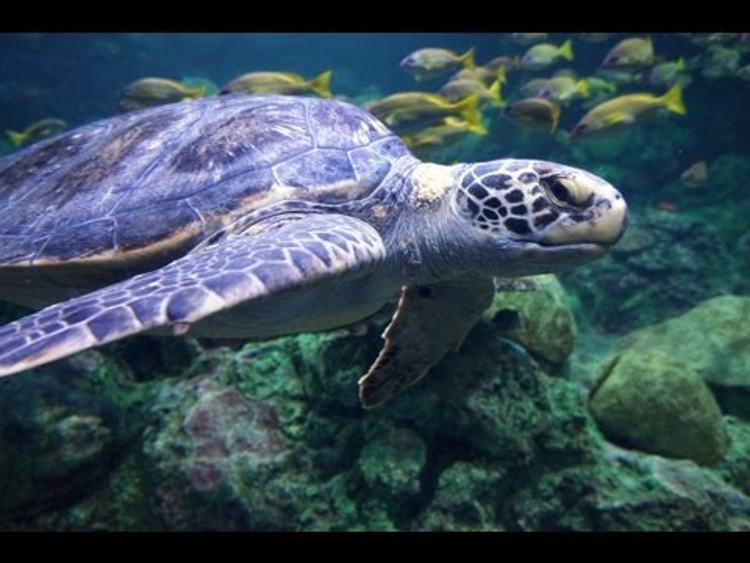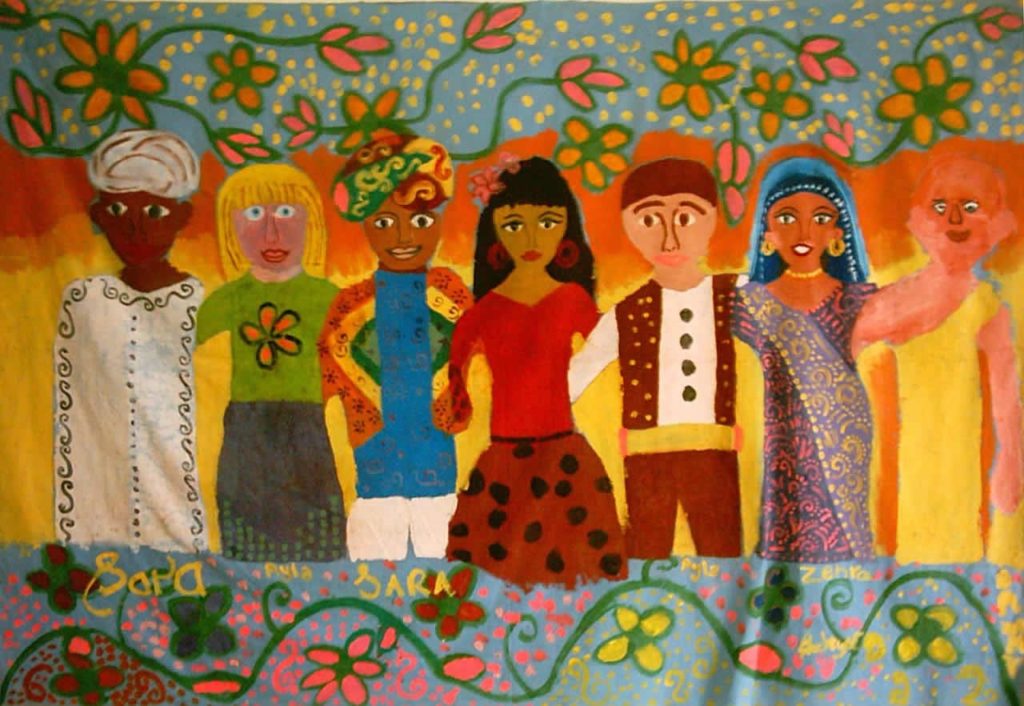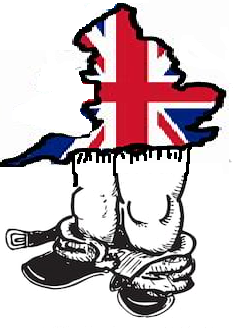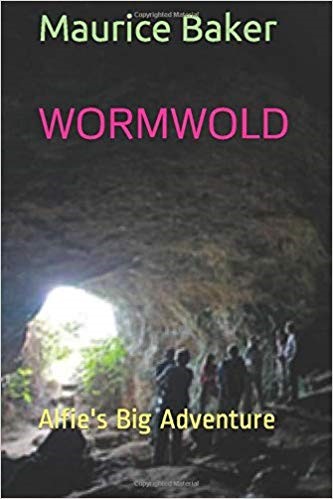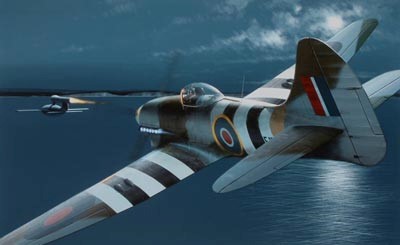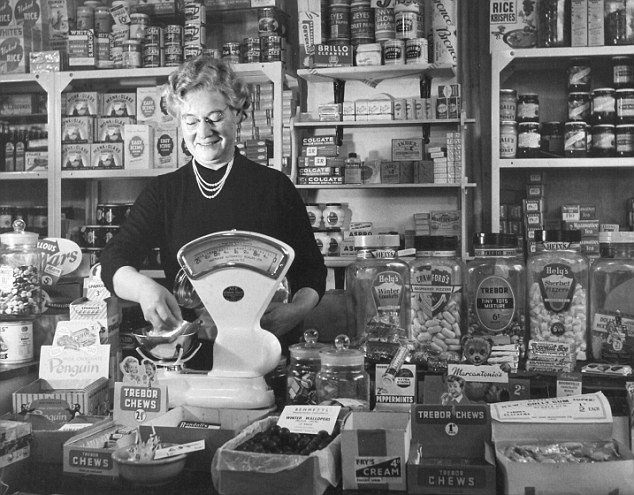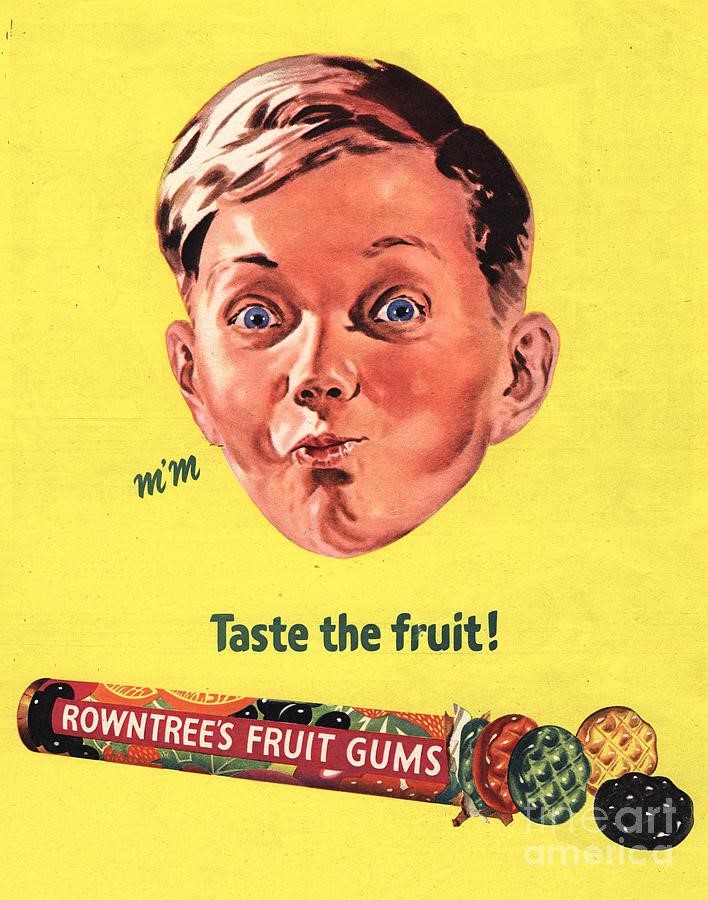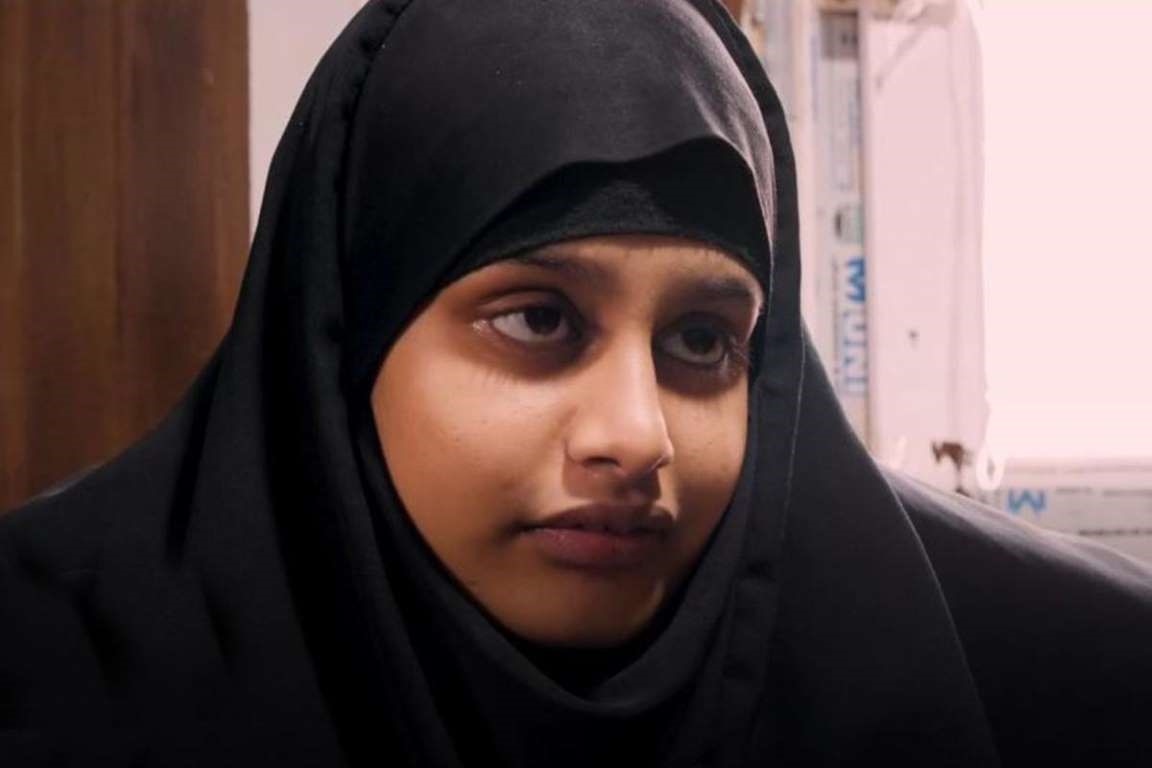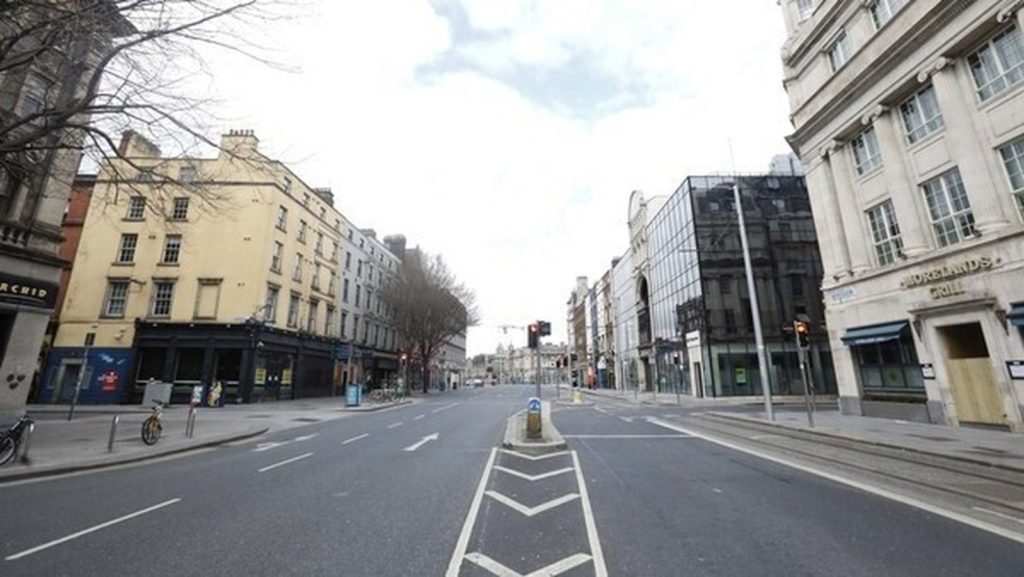
I must admit that, like many people, I was sceptical of warnings about the Coronavirus when it first began spreading in China. Not only did I not believe it would ever bother us here but I assumed they’d soon find a vaccine. I was wrong, but it’s obvious that many people around the world haven’t yet got the message.
Possibly this is, at least in part, because the whole thing feels like something out of a sci-fi movie and we’re so used to clever scientific people resolving similar crises. Antibiotics, for example, have saved millions – if not billions – of lives over the years. Likewise many highly infectious diseases virtually eradicated by science or simply by improving water quality and basic hygiene standards.
Even cancer and heart disease – which remain far bigger killers than Covid-19 – have at least been partially beaten. They do not, any case, mean certain death as they once did. But this virus has spread like wildfire, owing in large part to our mass transport systems and, as I write, appears beyond control for maybe another year or more. That is, until a vaccine is found. Testing health works and others, as with isolation, may stem the spread to some extent but it won’t stop the disease.
And, of course, until we can halt its progress life will continue in limbo with many businesses shut down – maybe never to resume trading – and millions unemployed. National economies may crash, or be so crippled they’ll take many years to recover.
So, any good news? Yes, I believe so. People are realising there are more important things than politics, wealth, culture, race, religion, nationality, etc. We are, first and foremost, human beings and if we’re to beat this thing have to work together. Blame and criticism are a waste of effort – we just have to put our differences behind us and work for the common good. Because anyone, rich or poor, good or bad, black or white, etc, can catch it and die. Stark but true.
My song – Strange Times – gives a slightly bemused view , but I guess humour is one way to deal with it. Oh, and I’ve decided to start a Song Tales You Tube channel (is that good or bad?).
STRANGE TIMES
Chorus: Strange times – strange times,
Momma these are very strange times.
I went down to the grocer’s shop, to buy some bread and cheese,
Man said you can’t come in here if you got a cough or sneeze.
I said you know it’s only a sniffle, and got down on my knees to pray,
He said it ain’t no joke, take these bars of soap, wash all your blues away.
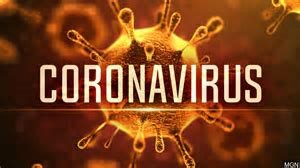
But I was still feeling hungry, so I went down to my local café,
The lights were out but I heard a shout, saying hey man go away.
I said how about a cup of coffee – you know what I like?
Give those beans a shake – get me some carrot cake.
He told me to get on my bike.

So I went back to my home now, turned on the TV news,
I saw everybody was singing, the self-isolation blues.
Let’s clap the doctors and nurses – and give ‘em all a big cheer,
And hope I never really need those guys any time this year.

Then I looked into my garden – at the pretty flowers and trees.
Went and dug the whole lot up and planted spuds and peas.
No one knows what’s going on or when we may be free,
So just like back in World War Two, we’re digging for victory.


